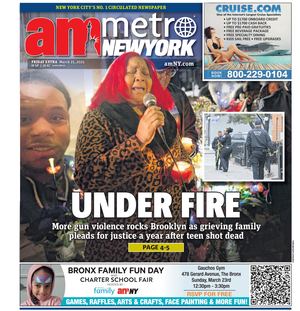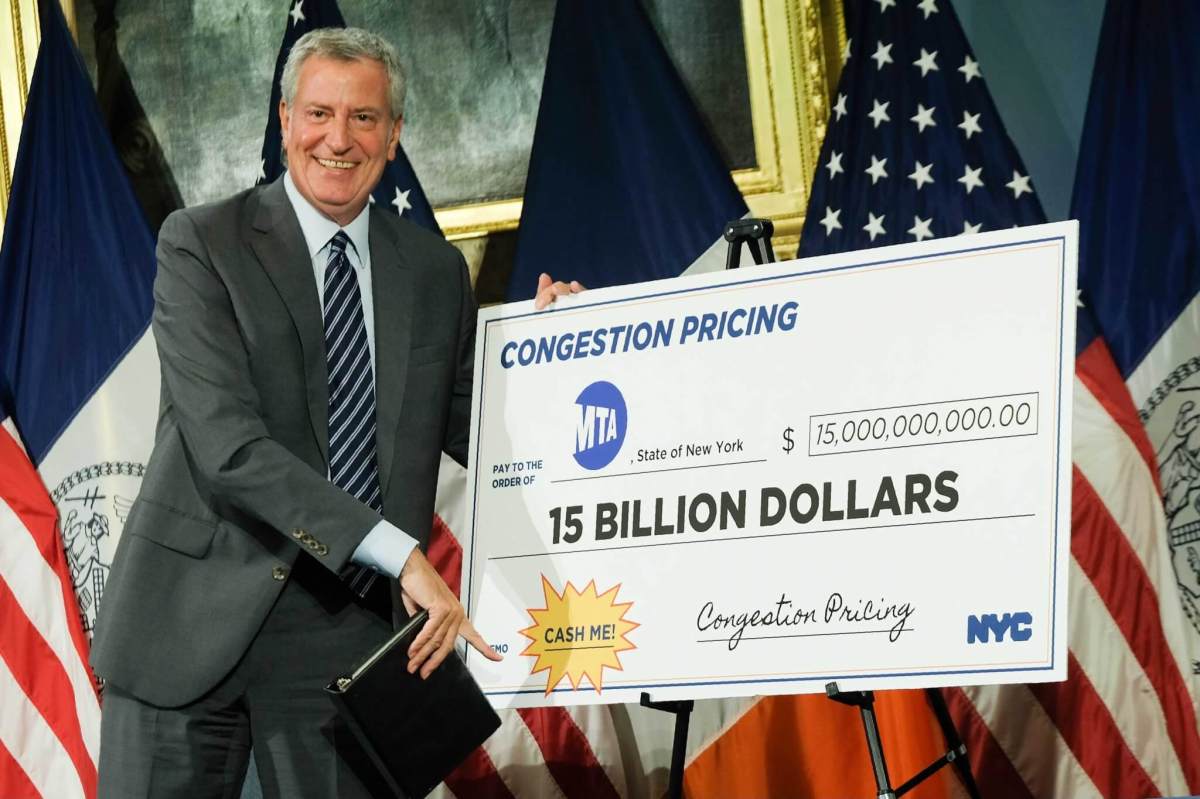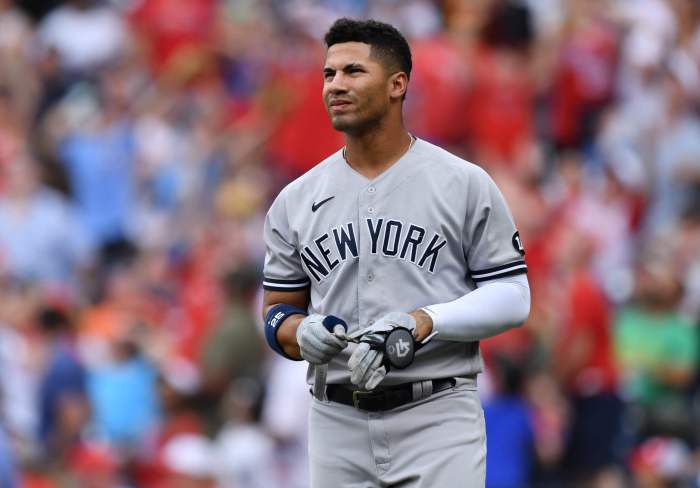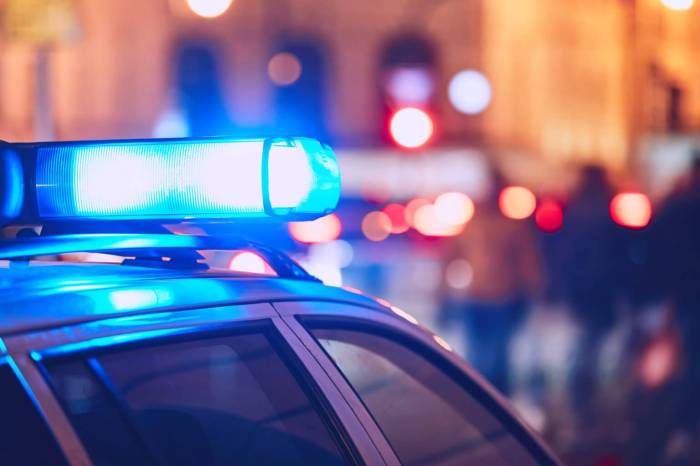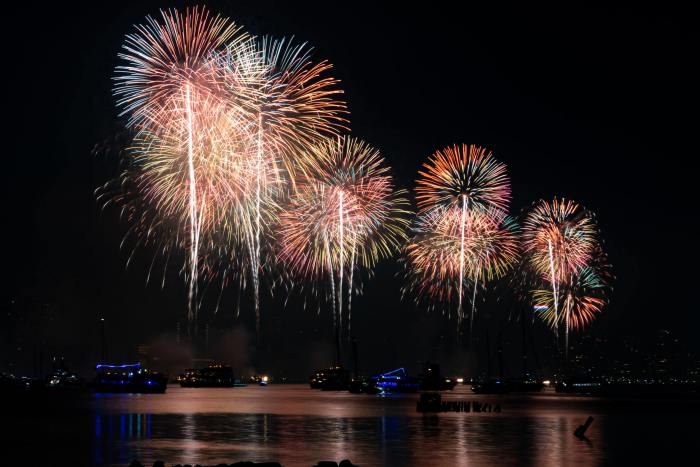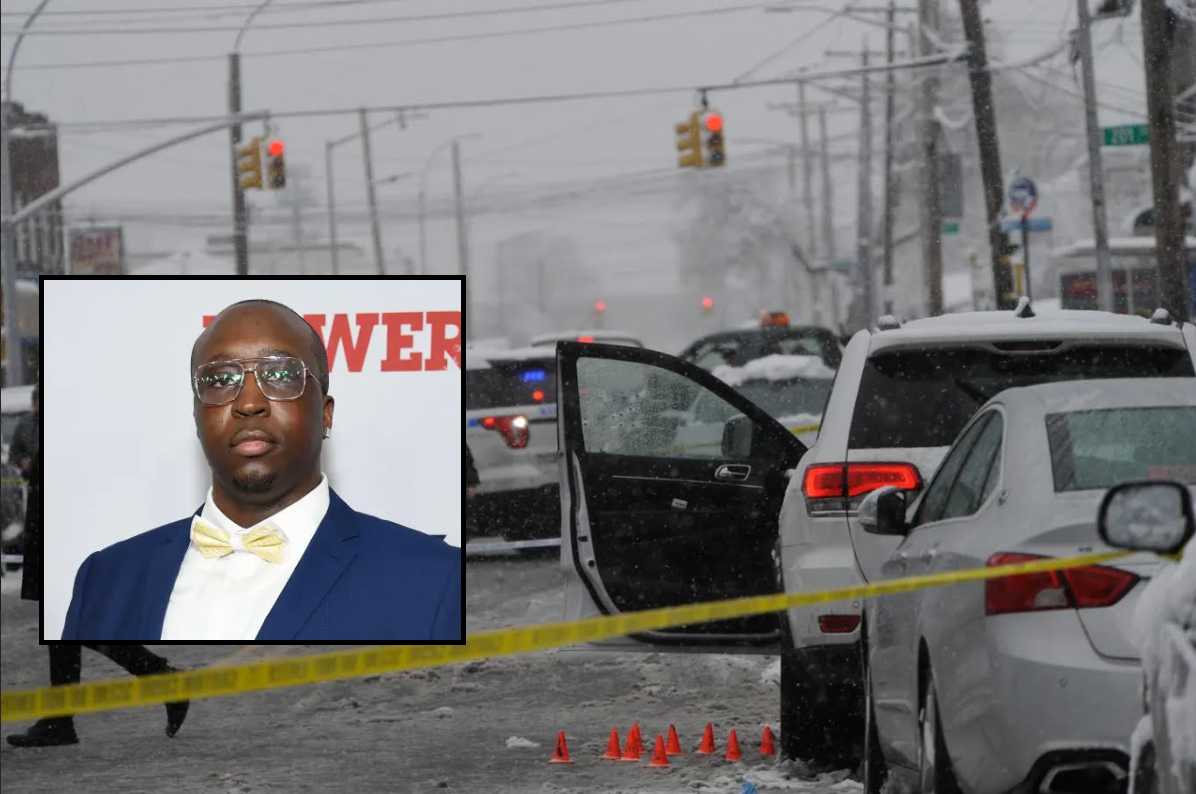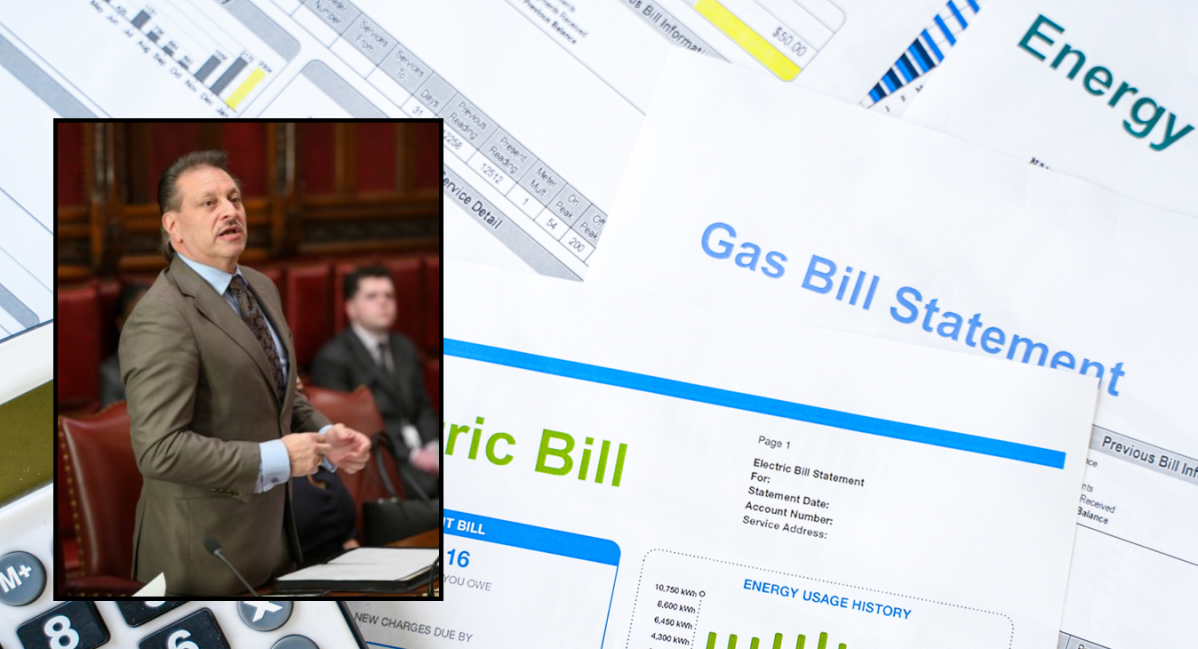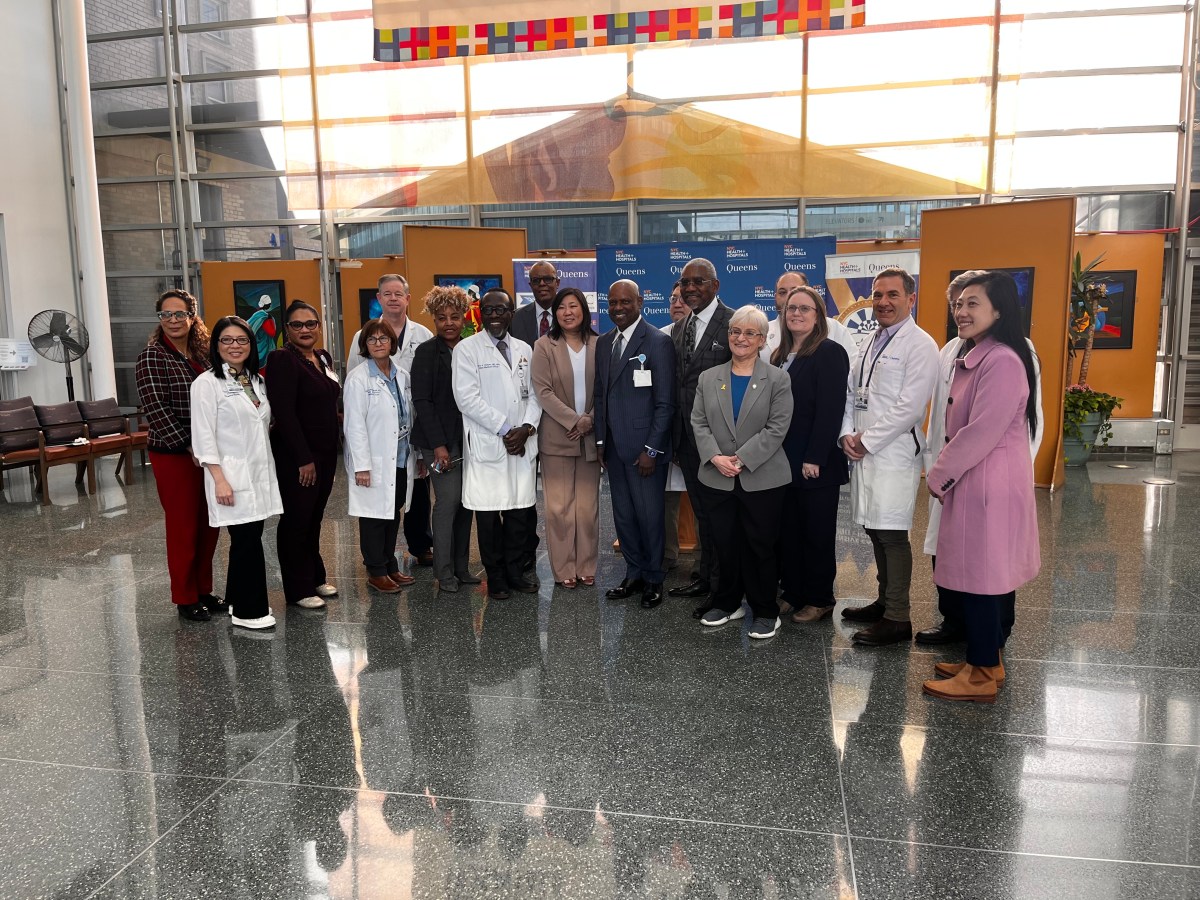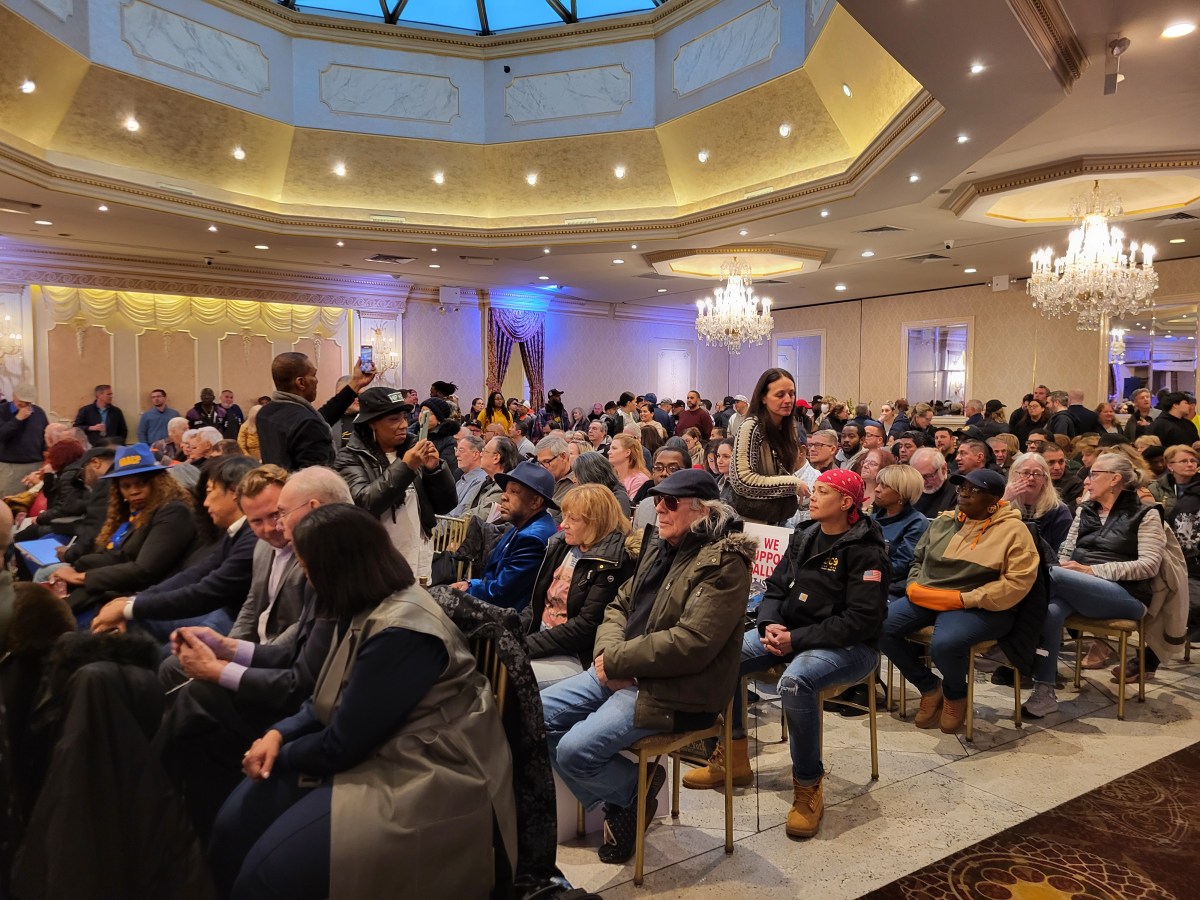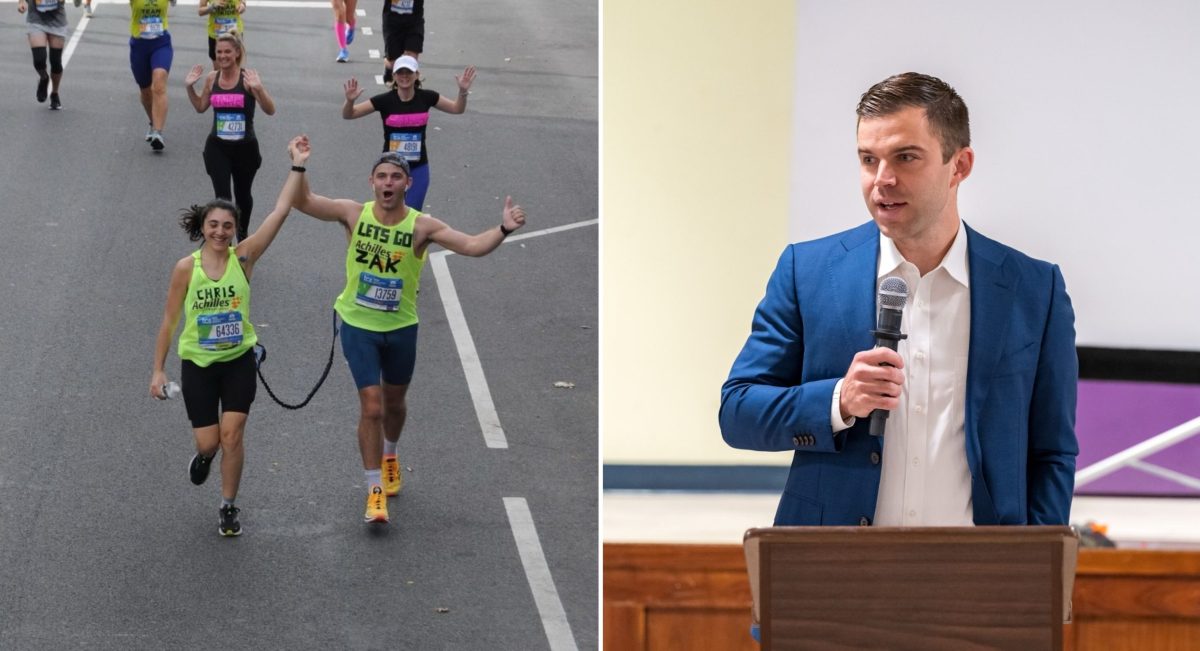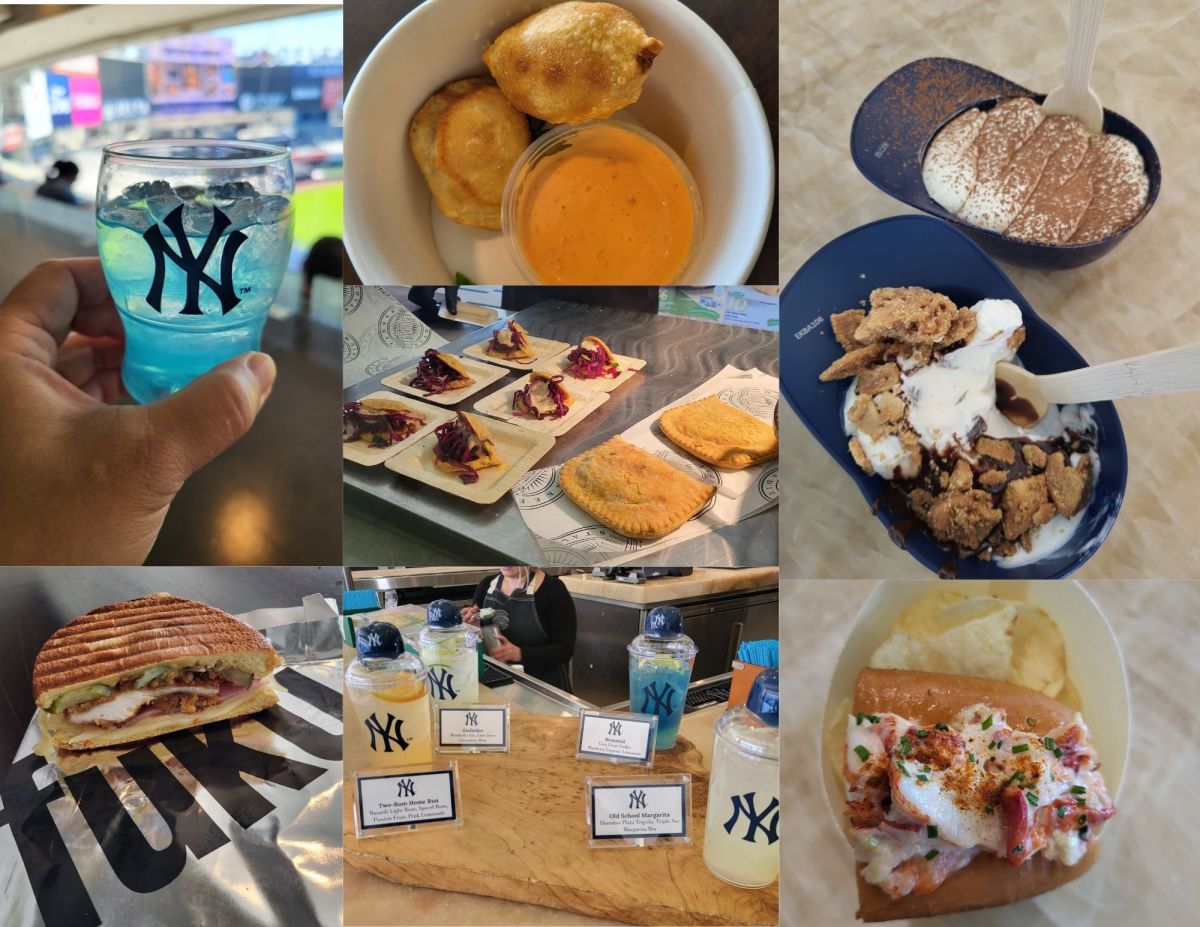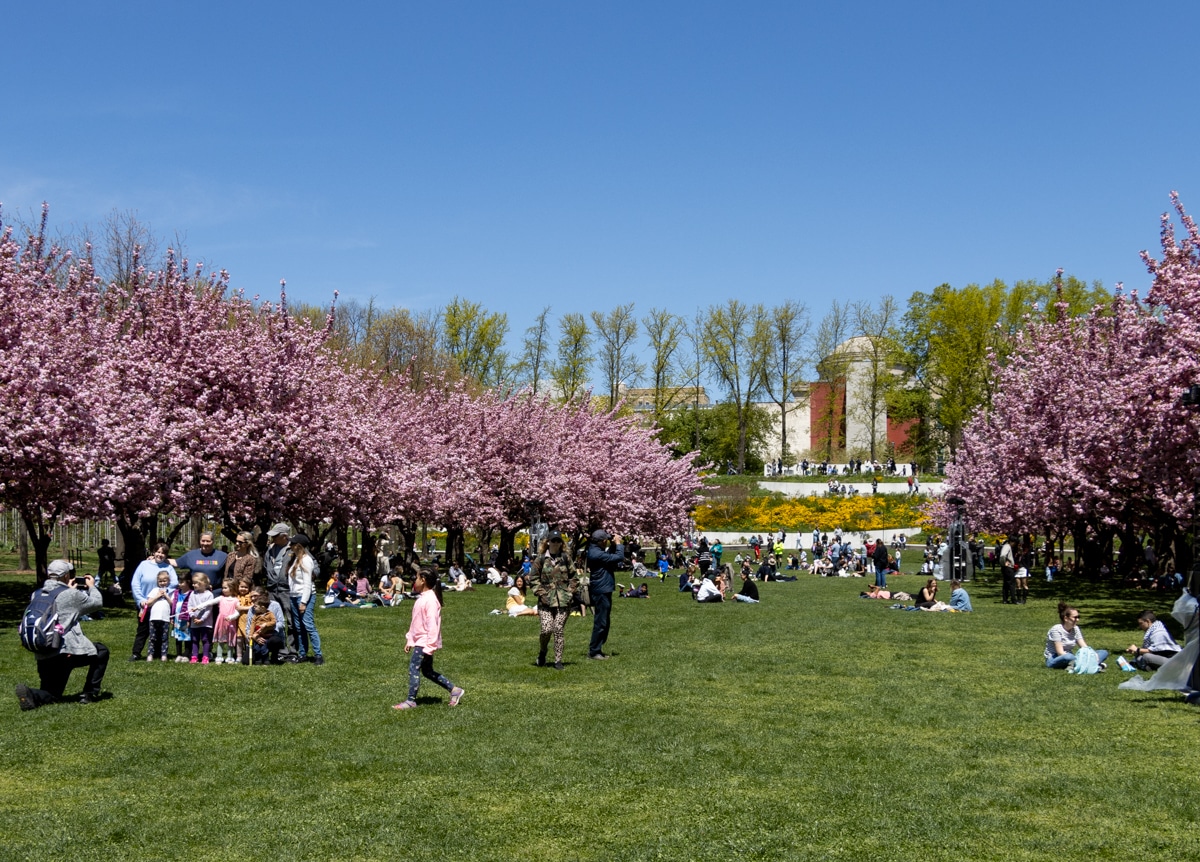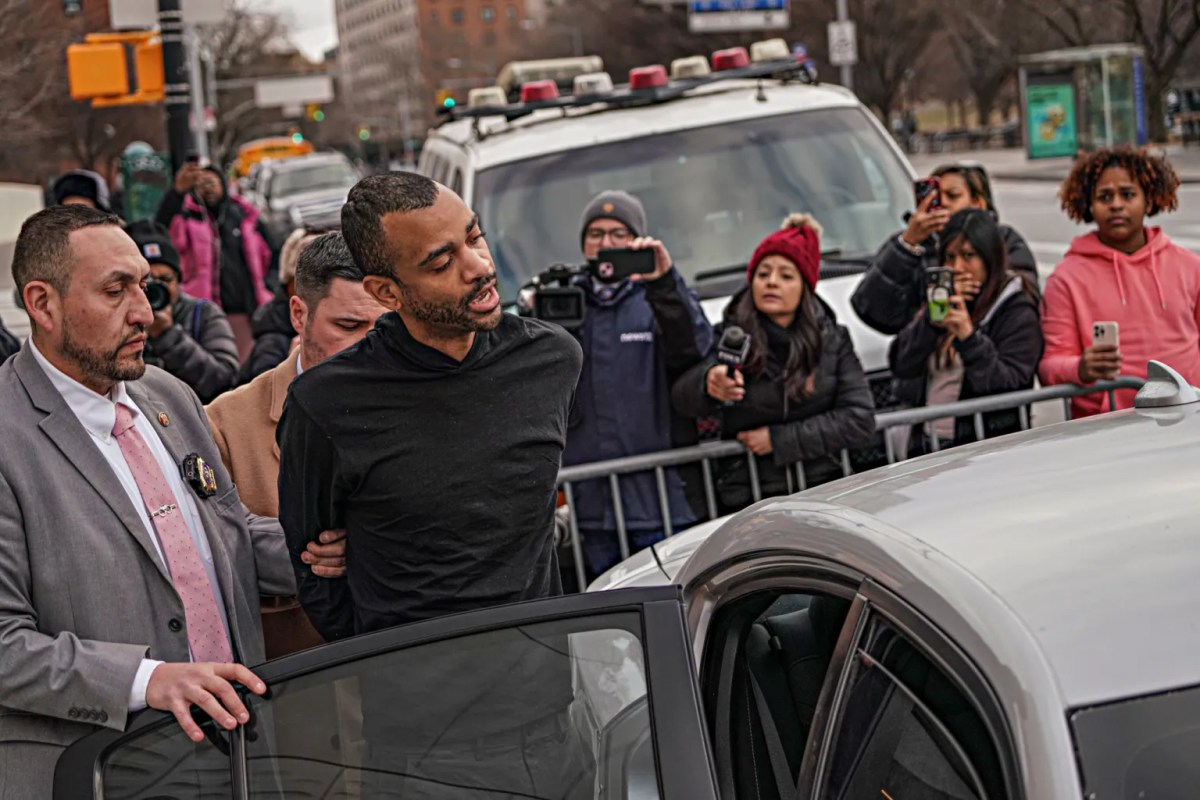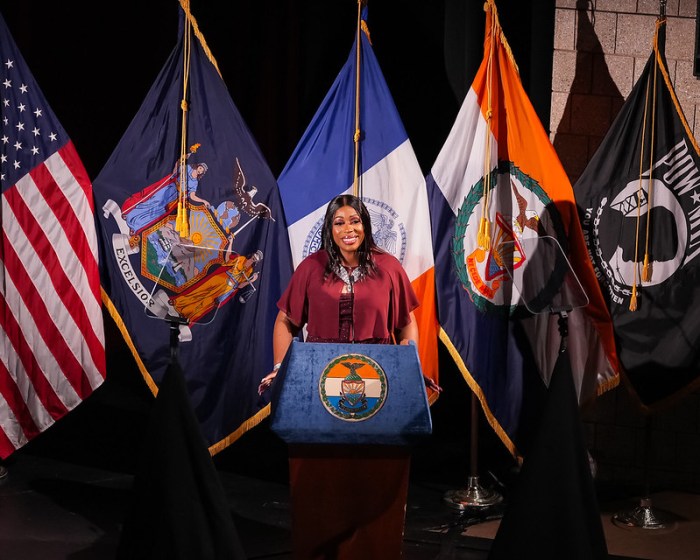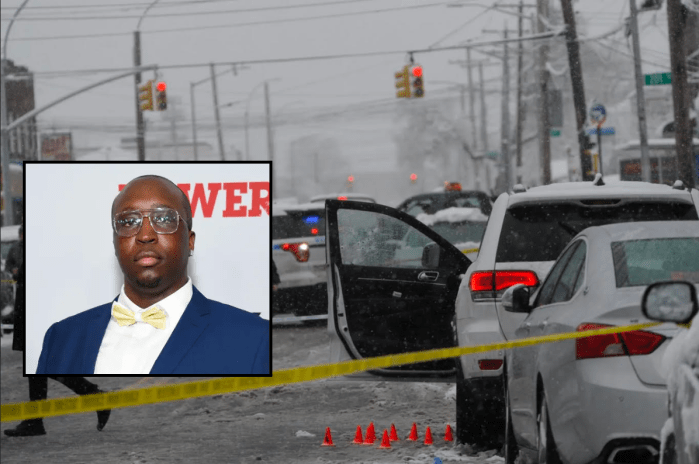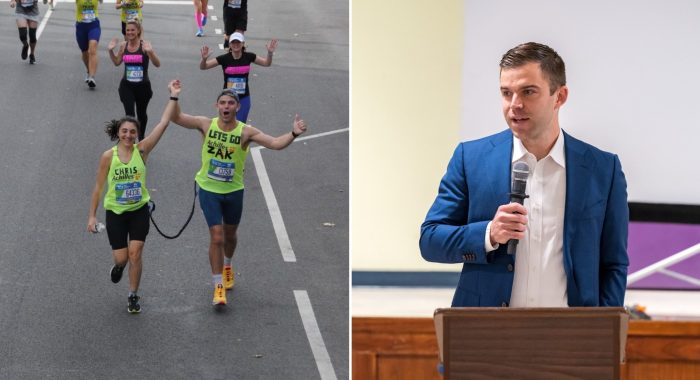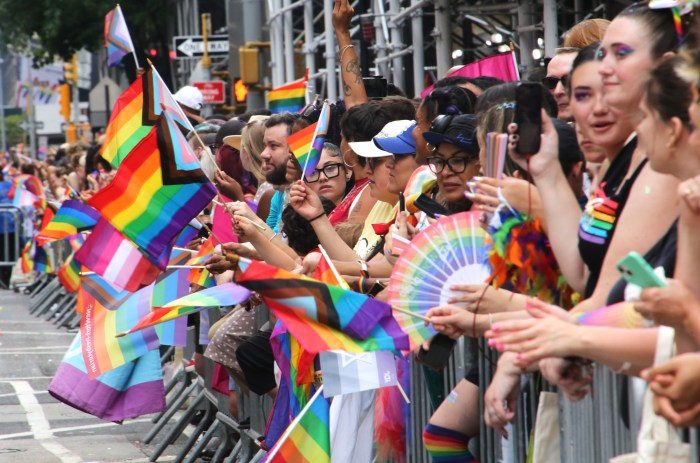Mayor Bill de Blasio and a cadre of local politicos again pushed state transportation honchos on Tuesday to put the pedal to the metal on the proposal to toll drivers heading into Manhattan below 61st Street in order to fund upgrades for the city’s public transit system.
“Congestion, unfortunately, is back and it’s starting to come back with a vengeance,” said de Blasio at his daily press briefing on July 20. “But what’s happening with congestion pricing, when you look at the State of New York, when you look at the MTA, you hear the sound of crickets because nothing is happening.”
Hizzoner called on the Metropolitan Transportation Authority to convene a six-member panel known as the Traffic Mobility Review Board, which is required to make recommendations for how the so-called Central Business District Tolling will work, including how high the charge is and who gets exempt from it.
De Blasio on July 15 nominated his one pick for the six-member board, Department of Finance Commissioner Sherif Soliman, saying at the time he wants MTA to have the charge in effect by the end of 2022 with all of the preparation work done by June of that year and “shovels in the ground” by July.
That followed an earlier comment he made in response to a reporter’s question on July 13 saying he wanted to see the fee “as fast as humanly possible.”
On Tuesday, de Blasio renewed his call by bringing in an oversize $15 billion check, the prop symbolizing the amount of new debt financing congestion pricing is promised to generate for the MTA, in addition to an annual $1 billion in toll revenue.
“Imagine what $15 billion dollars could do for your daily commute on the subway,” the mayor said. “Any problem the MTA says they have could be addressed with this. We want to fix the horrible flooding we saw last week, if we want to make sure the signals are fixed so the trains actually can move, if you want modern stations, here it is, staring us in the face.”
The funds make up nearly 30% of the MTA’s $51.5 billion 2020-2024 capital plan and the tax would also encourage people to switch from driving to taking public transit.
MTA chief financial officer Robert Foran said at last month’s agency board meeting that the agency was fine without congestion pricing dollars for now, as transit officials are able to front the capital program with other state tax revenues.
State Assemblyman Robert Carroll (D–Brooklyn) sounded a more urgent call, joining the the mayor’s rallying cry Tuesday and saying he wanted to see the transit agency move forward this year.
“It is unacceptable that the state, which controls the MTA, is not moving on this critical, critical issue. We need to get this done and we need to get it done now,” Carroll said. “We can’t allow this year to end without this happening.”
The state Legislature approved congestion pricing in 2019 and officials planned to launch the charge in 2021, but the Trump administration held up any progress for two years.
President Biden’s cabinet on March 30 finally let MTA proceed with a so-called Environmental Assessment, a document required prior to implementation which will summarize the toll’s potential effects.
MTA’s senior advisor on congestion pricing Ken Lovett reiterated that the agency wants to have the program in effect “as soon as possible,” but said that officials are still hashing out issues with its federal, state, and city partners.
“The MTA is following that detailed process which doesn’t allow arbitrarily cutting corners,” Lovett said in a statement. “An Environmental Assessment is complicated and we are working through issues with the Federal Highway Administration and our partners at the New York City and New York State Departments of Transportation. As we have said repeatedly, the Central Business District Tolling Program will be a huge environmental benefit for the region while also providing a major boost to mass transit, and we’re working diligently to implement it as soon as possible.”
Governor Cuomo’s office did not respond to a request for comment.
